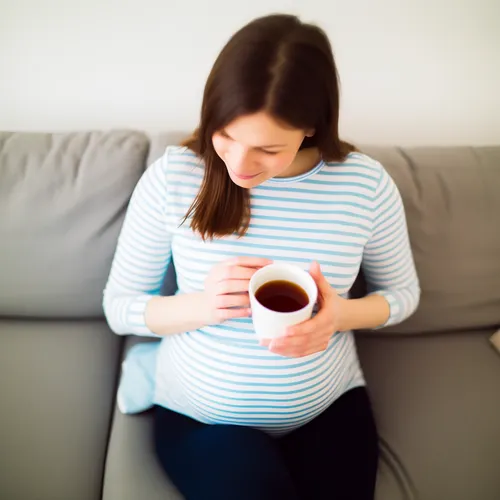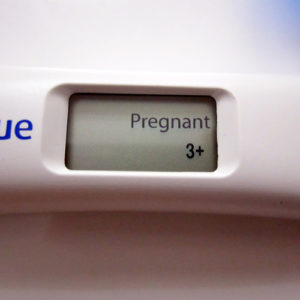The Truth About Caffeine and Pregnancy
New research presented this week at the American Society for Reproductive Medicine’s congress in Philadelphia suggests pregnant women should eliminate caffeine entirely during the first eight weeks of pregnancy to minimise the risk of miscarriage. The data came from a 2014 study on the effects of aspirin during pregnancy, where participants were asked about their caffeine intake.
Current NHS guidelines recommend limiting caffeine intake to 200mg per day during pregnancy – equivalent to two cups of instant coffee or one mug of filter coffee. Some experts urge caution in interpreting the new study’s findings, as it has not yet undergone full peer review. They recommend pregnant women continue following the 200mg caffeine limit based on current evidence.
The study was a secondary analysis of data gathered for a different purpose. More robust research is needed before changing guidelines on caffeine and pregnancy loss risk. There is no need for expectant mothers adhering to the 200mg limit to feel guilty.
Understanding Miscarriage Risk
Miscarriage can be a devastating experience for expectant mothers. Approximately 1 in 8 pregnancies end in miscarriage, most frequently during the first 12 weeks. Despite being relatively common, the reasons are often unclear. Various factors may increase risk, like smoking, alcohol, BMI, and existing medical conditions. But the contributions of lifestyle factors like caffeine are less certain.
This new research aimed to shed more light on potential risk factors. But it relied on participants accurately reporting their own consumption, without precise measurement. More rigorous studies controlling caffeine intake precisely are required to demonstrate clear links. Participants were also not randomized, meaning other factors could influence results.
Interpreting New Findings
Media coverage often focuses on new, buzzworthy findings, even if they contradict decades of previous research. This can confuse the public if initial results are overstated before careful analysis. Then, future studies struggle to reproduce the same results.
This is seen frequently in nutrition – initial headlines linking foods to harm or benefit are walked back after deeper scrutiny. So experts urge caution before acting on new findings, especially from conference presentations before full publication.
Advice for Expecting Mothers
Until strong evidence warrants updated UK guidelines, the current 200mg limit remains the safest approach. This allows a moderate intake shown not to cause harm. But women should choose the level they personally feel comfortable with.
Monitoring caffeine intake takes some effort. But resources like phone apps can help. If cutting it out entirely provides peace of mind, impacts will likely be minimal. But feelings of guilt around minor consumption are unnecessary based on current knowledge.
Above all, maintaining an open dialogue with your midwife or doctor allows informed choices. They can explain the latest evidence and advise on suitable precautions for your unique pregnancy. Every expecting mother wants the best for their baby’s health – but clear guidance makes this easier to achieve.
High caffeine intake during pregnancy over 200mg daily has been linked to increased miscarriage risk. Different drinks contain varying caffeine levels – a cup of tea has around 75mg, while a mug of filter coffee has about 140mg. Monitoring intake is important, as high caffeine levels could potentially result in lower birth weight babies.
Some women develop an aversion to caffeine in early pregnancy or find it exacerbates common complaints like insomnia. While some studies show potential health benefits of caffeine for adults, experts say there is no evidence of benefits during pregnancy. As a stimulant, it could disrupt sleep at a time when rest is important.
Until further evidence warrants updated guidelines, experts advise pregnant women and those trying to conceive to check the NHS website for current recommendations on caffeine intake. While new research will continue to emerge, it’s important not to overinterpret each new study in this complex area. For now, pregnancy caffeine limits remain unchanged.
Photo by Zoom Baby
Zoom Baby is a leading supplier of Pregnancy Tests and Ovulation Test Kits





